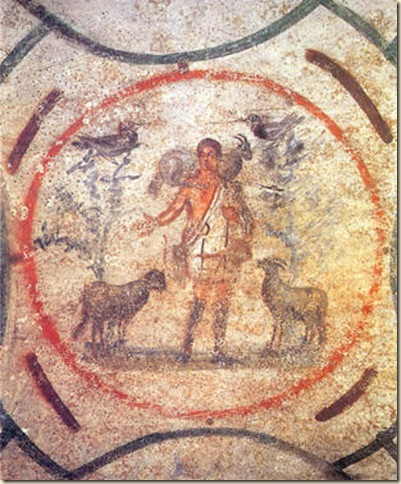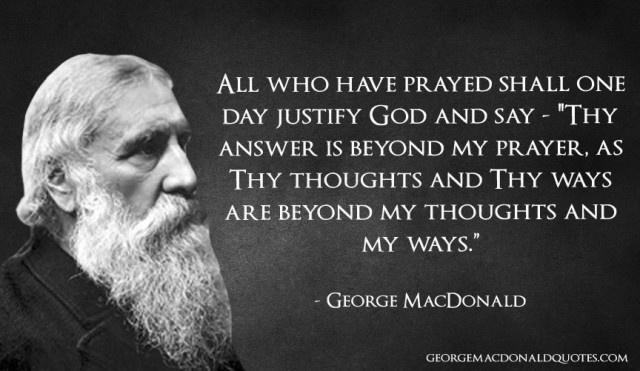Damnation in a nutshell:
1. Only God is good and the source of all that is good. His nature, design and Word are good.
2. When we reject and rebel against God, His nature, design and Word, as we all continuously do, we reject and rebel against what is good. Consequently, we're evil. When we sin against God, we're in effect crowning ourselves our own "lords". This is a terrible evil, far greater than what we can comprehend and worthy of a most severe punishment. The fact that we are unable to grasp how evil sin is, is a testament to how evil we are - for evil seems good, and good seems evil to us. If we ever think of God as too harsh or unfair in His judgment, it's most definitely a sure sign of our own evil.
3. It is in line with God's good and righteous nature to punish all evil. If God didn't punish evil, He wouldn't be good and righteous. God promises in His Word to punish all evil, and His Word is true.
4. Damnation is an eternal separation from God - separation from that which is good - which is why it's immeasurably severe and painful. Scriptures illustrate this as everlasting shame and torment of body and soul; a second death, gnashing of teeth, lake of fire etc
So rather than twisting God's Word as Unitarians do when teaching that man is too good to be eternally damned, and Universalists do when maintaining that God is too good to damn man eternally, or as the Atheists do when insisting there is no hell, instead understand:
(A) How severe sin is that it merits such a severe consequence.
(B) How great a suffering Christ endured, who took upon himself the sin of the whole world, receiving the full wrath of God not only for one person but for all, throughout all times and places. For our sake God made Him to be sin who knew no sin, so that in Him we might become the righteousness of God.
(C) How mighty Christ is, who endured God's full wrath, and how merciful He is, who bought us with His own blood. Because of the person and works of Christ, we are declared righteous in God's sight.
This is what makes the cross - the Gospel - so great because it testifies to God's righteous judgment of sin, His mercy and lovingkindness for giving us Christ, His only Son, the burden of epic proportions that Christ had to bear, and the incomprehensible glory and might of Christ to overcome death, sin and hell.
If we have a low view of God's Law, we'll have a low view of sin. If we have a low view of sin, we'll have a low view of the Gospel. This is why it's so important to the Christian faith to understand God's Law and Gospel in their full sense.


